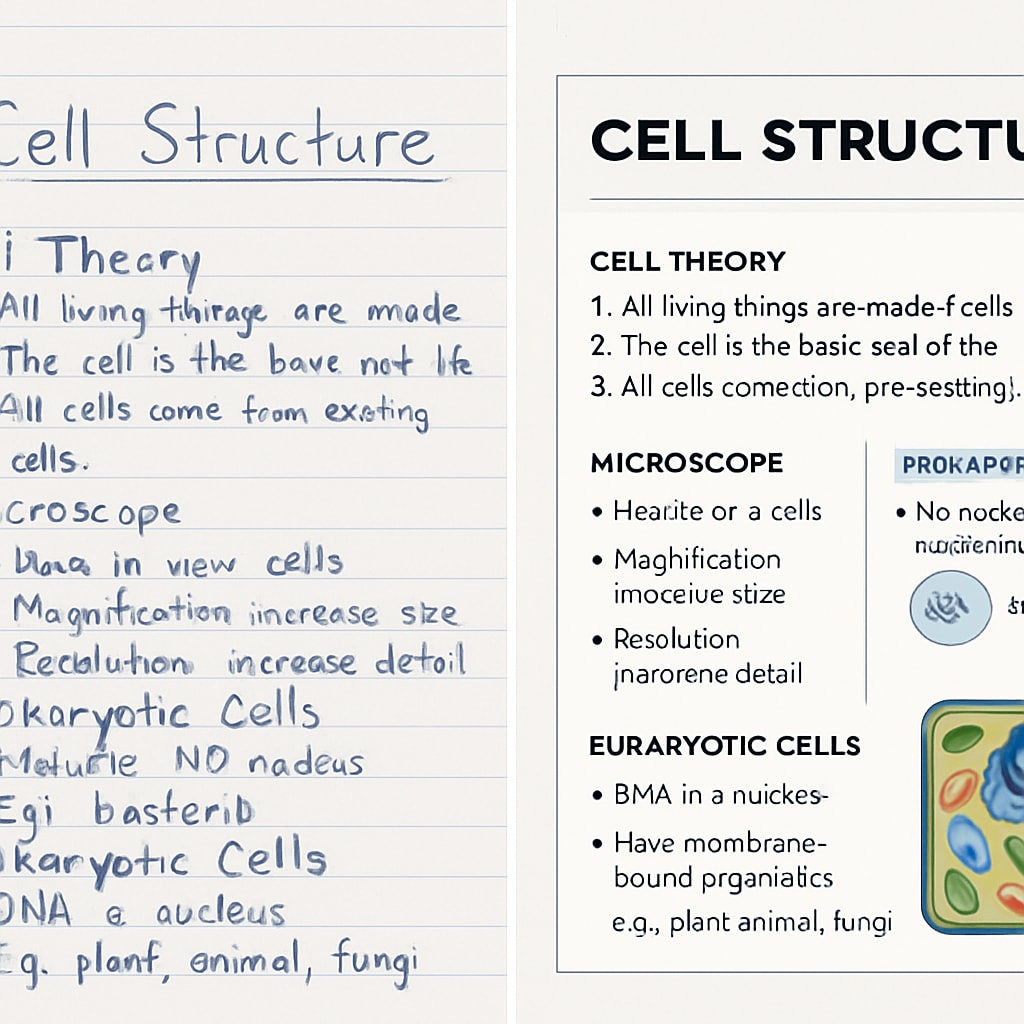When exploring AI subscriptions for learning assistance and grade improvement, one college student’s experiment yielded remarkable results. By testing premium AI services against academic challenges, this unexpected investment transformed mediocre performance into consistent B-level work.

The Food Budget Experiment
Jason R., a sophomore economics major, made an unconventional decision last semester. Instead of contributing to his dorm’s shared snack fund, he allocated the money to test three AI services:
- ChatGPT Plus ($20/month) – For general research and writing assistance
- Perplexity Pro ($20/month) – Specializing in academic source verification
- Claude Pro ($20/month) – Excelling at summarizing complex concepts
According to Pew Research, 58% of students now use AI tools for schoolwork, but few systematically compare their effectiveness.
Academic Performance Breakthrough
Within eight weeks, Jason’s GPA rose from 2.7 to 3.4. Each AI tool contributed differently:
- Research efficiency increased by 40% using Perplexity’s citation features
- Writing quality improved through ChatGPT’s structural suggestions
- Concept mastery deepened via Claude’s simplified explanations

Turning Expense into Income
The most surprising development emerged when Jason began offering “AI-assisted tutoring” to classmates. By combining insights from all three platforms, he:
- Recouped his subscription costs within six weeks
- Developed a framework for ethical AI use in academics
- Gained practical experience in educational technology
A Nature study confirms that structured AI use enhances learning outcomes when combined with human oversight.
Key lessons: Strategic AI tool selection, proper integration with study routines, and knowledge-sharing create a virtuous cycle for academic improvement. While not replacing traditional learning, these digital assistants provide measurable benefits when used purposefully.


